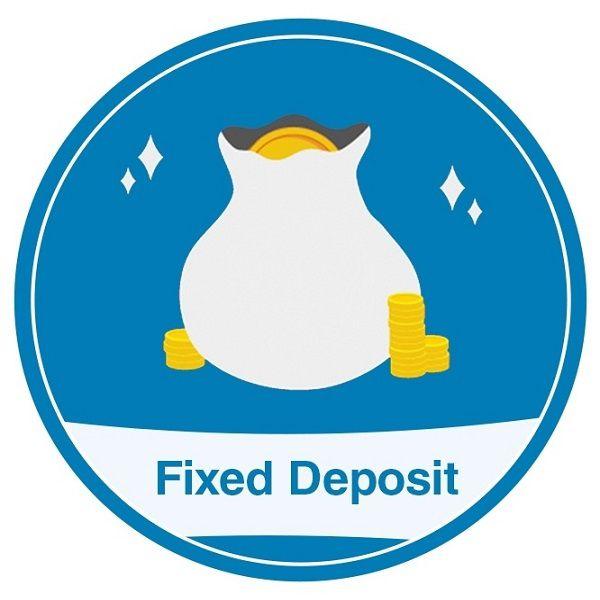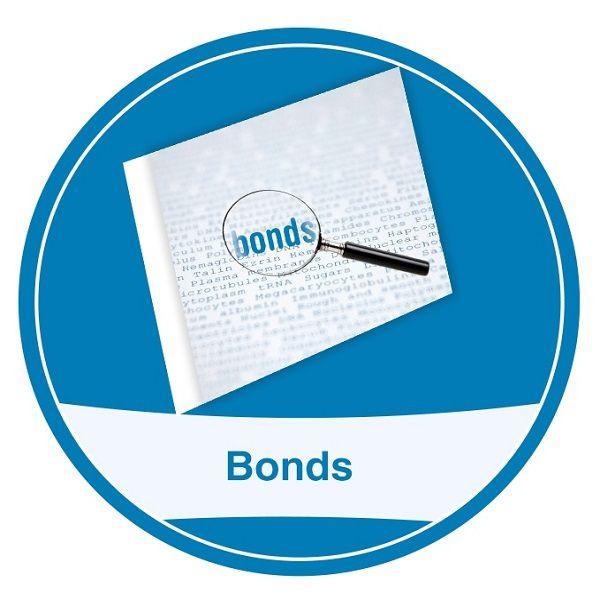
COMPANY DEPOSIT
Company deposits like bank deposits are also fixed-term deposits carrying a prescribed rate of interest. If you are looking for regular returns that are higher than those offered by banks, then investing in company deposits is a handy product for both individuals and corporate. As per the latest regulatory guidelines, it is mandatory for rated companies to take deposits. And we at Security promote rated companies that are AA+ or AAA in order to guarantee the safety and returns of your investment.
Fixed Deposit A fixed deposit (FD) is a financial instrument provided by banks or NBFCs which provides investors with a higher rate of interest than a regular savings account, until the given maturity date. It may or may not require the creation of a separate account.
How to choose a Corporate Fixed Deposit Scheme? Firstly, ignore unrated Company Deposit Schemes and schemes of little known companies. Always look at AA+ or AAA schemes. Choose the company with a better reputation. Once you choose a company, choose the schemes that have given a better return. If you don’t need regular income, opt for cumulative schemes over regular income options. It also gives you a lump-sum amount at one go. It is better to make a shorter deposit of around 1 year to 3 years. This way, you can not only keep a watch on the company's rating and servicing but also have your money back in case of an emergency. Check the track record of the company on parameters like prompt dispatch or payment of interest warrants or the principal. Always involve your Financial Planner / Investment Advisor for advice in all transactions.
Is an FD receipt provided by companies like banks? What is the interval for interest payable? Yes, companies also provide an FDR (Fixed Deposit Receipt). This receipt is provided post confirmation on the realization of funds, that is, post confirmation on receipt of funds in the company’s account. Like banks, for company fixed deposits too, the investors can choose to have the interest paid monthly, quarterly, semi-annually or annually.
Is TDS deducted on the interest earned from a company fixed deposit? TDS is deducted only if the interest earned from a company fixed deposit is more than Rs. 5,000/- in a financial year.
What are the minimum and maximum periods of holding a Company Fixed Deposits?
| Category | Minimum Duration | Maximum Duration |
|
Mfgs. Co's
|
6 month | 3 years |
| NBFC
|
1 year | 5 years |
|
Housing Finance Co's
|
1 year | 7 years |
Can fixed deposits be used as collateral for personal or business loans? Company fixed deposits can be used as collateral while securing loans from certain Housing Finance Companies and NBFCs. Details on acceptable collateral can be sought while approaching these institutions for loans.
Can a company fixed deposit be closed prematurely? Premature closure is allowed as per government regulations. However, some companies do not allow premature settlement in the first 3 month period of the deposit. Please refer to the details regarding the pre-mature on-page of every company for an informed decision.
Do I have the option to choose a nominee for a company fixed deposit? Yes, the application form has an option for choosing a nominee.
What happens to the deposit in case of the demise of the fixed deposit holder?
| Mode of Holding | Procedure
|
| Joint - Anyone or Survivor
|
In case of the demise of either of the 2 holders, the survivor has to inform the company and submit a copy of the death certificate. On receipt of the intimation and the death certificate, the company deletes the name of the deceased holder and the survivor receives the proceeds on maturity
|
| Joint - Either or Survivor
|
In case of demise of the first holder, the survivor needs to intimate the company of the same along with the death certificate and can then claim the deposit proceeds on maturity. In case of the demise of the second holder, the first holder can get the name of the demised holder deleted and appoint a new second holder.
|
| Jointly Both
|
The surviving holder can claim the deposit proceeds on maturity by informing the company of the death of the joint holder along with the death certificate.
|
| Single with Nomination
|
The deposit proceeds on maturity will be paid to the nominee(s), however, in case the deceased left a ‘Will’ then due process shall be followed as per the company's norms and the proceeds are transferred as per the terms of the ‘Will’.
|
| Single without Nomination
|
The heirs of the deceased have to comply with various formalities like providing a ‘Will’ or a ‘Succession Certificate’ to claim the maturity proceeds.
|












